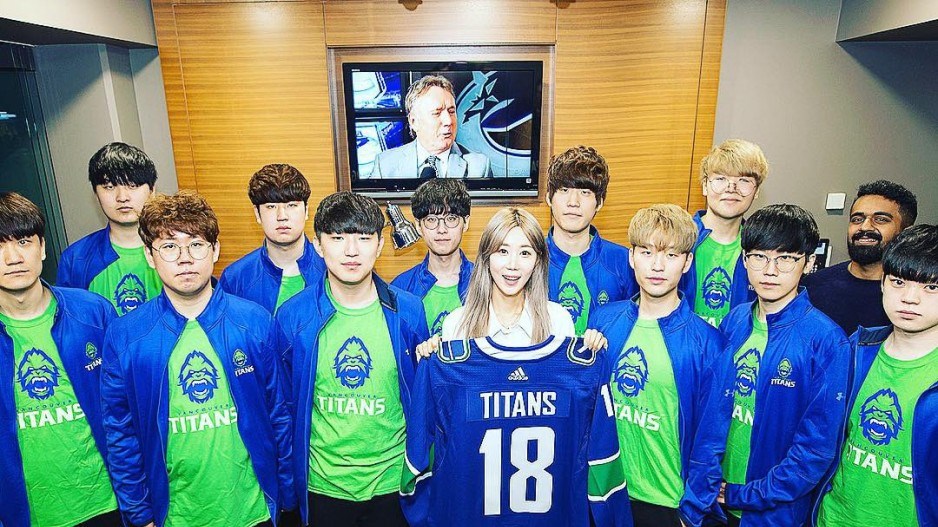If watching the Vancouver Canucks play .500 hockey isn’t a thrilling prospect for the city’s sports fans, the Vancouver Titans make their debut in the Overwatch League not two weeks after the Super Bowl next month.
For those who haven’t been flexing their joystick muscles recently, the Canucks-owning Aquilini Group is among the new investors in the global e-sports league poised to emerge along with other tech-driven enterprises in 2019.
China and South Korea have been leading the way in the global e-sports market that’s expected to generate US$1 billion in revenue this year, according to Deloitte’s Technology, Media and Telecommunications Predictions 2019 report.
“It is interesting to see the North American acceleration, and the thing that is driving that is exactly stuff like the Vancouver Titans,” said Duncan Stewart, Deloitte Canada’s technology, media and telecommunications director of research.
“It’s an interesting market, although I have to flag, it’s a niche market. There are no signs that e-sports is breaking out of that core 18-to-34 male, gamer market.”
Ray Walia, CEO of Vancouver-based incubator Launch Academy, said the region’s own history in both the gaming and broader entertainment sectors make it a particularly lucrative market for e-sports.
Walia, whose portfolio includes Sports Technology Group, said he’s seeing “serious amounts” of sponsor money and contracts flooding into the industry.
“Long-term contracts. Not just ‘Hey, let’s try this out for the next three months,’” he said, adding three- or five-year contracts have been commonplace.
Meanwhile, Launch Academy has been processing international applications for the country’s Start-up Visa program, which offers foreign entrepreneurs permanent residency if they get support from a venture capital group, an angel investor group or a business incubator to launch a startup in Canada.
Walia said that based on the applications, it appears Vancouver can expect a rise in the number of startups focused on automation in 2019.
“There’s a pending economic downturn that everybody’s fearful of, and one of the best ways to [defend against] that is to cut your costs, and so people are actively looking for tech solutions to help optimize operations,” he said.
“The unsexy businesses are probably the ones that are going to make money because they’re going to save money.”
Local startups can also expect to become further entrenched in the B.C.-based Digital Technology Supercluster, according to Walia.
The supercluster received $153 million in commitments last year from Ottawa and $200 million from private enterprises to boost digital collaborations between disparate businesses such as technology and resources.
Among the funding requirements is that each project must include a minimum of three organizations, at least one of which must be a small or medium-sized enterprise.
“Easier said than done,” Walia told Business in Vancouver. “Smaller organizations move at a very different pace than larger organizations.
“It’s one thing to make Microsoft [Nasdaq:MSFT] partner with a startup. It’s another to make Microsoft partner with a startup through a supercluster organization, which is a non-profit that [has] different mandates.”
And going into 2019, the full fallout from Canada’s conflict with China over the arrest of Huawei chief financial officer Meng Wanzhou remains unclear.
Ottawa has come under increased pressure to re-evaluate the Chinese tech giant’s involvement in Canada’s 5G network deployment as more of its allies raise alarms over potential espionage.
If Ottawa rethinks its relationship with Huawei, could the country fall behind in 5G deployment?
“Without commenting at all on Huawei specifically, whether one company or another company is more or less active is probably not going to be a significant driver of 5G adoption,” Stewart said.




